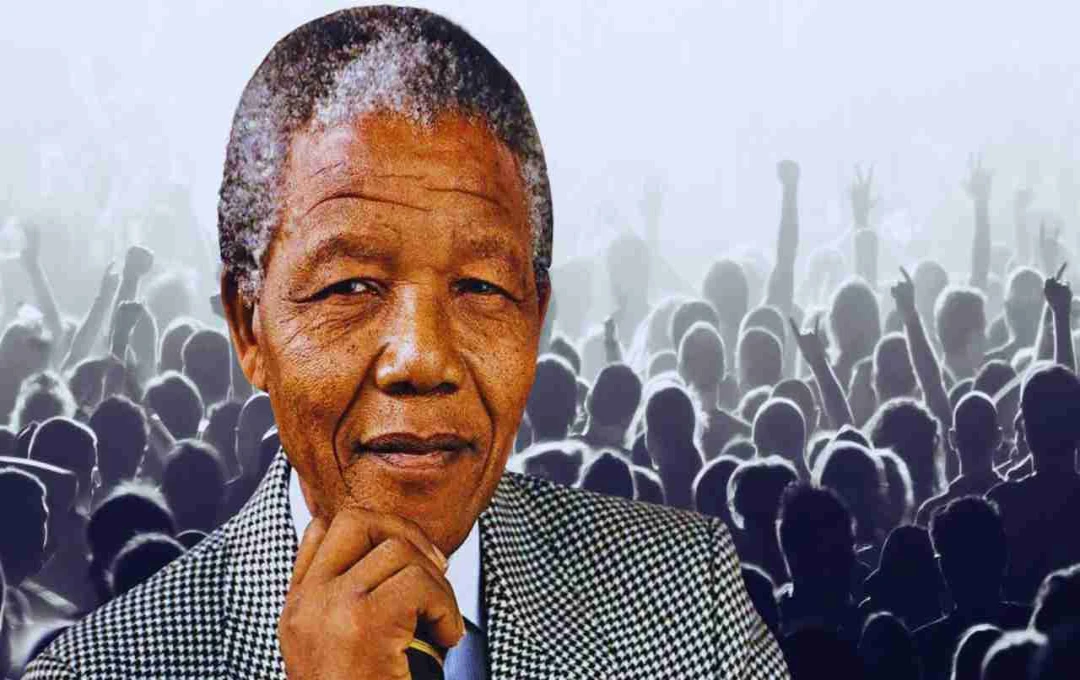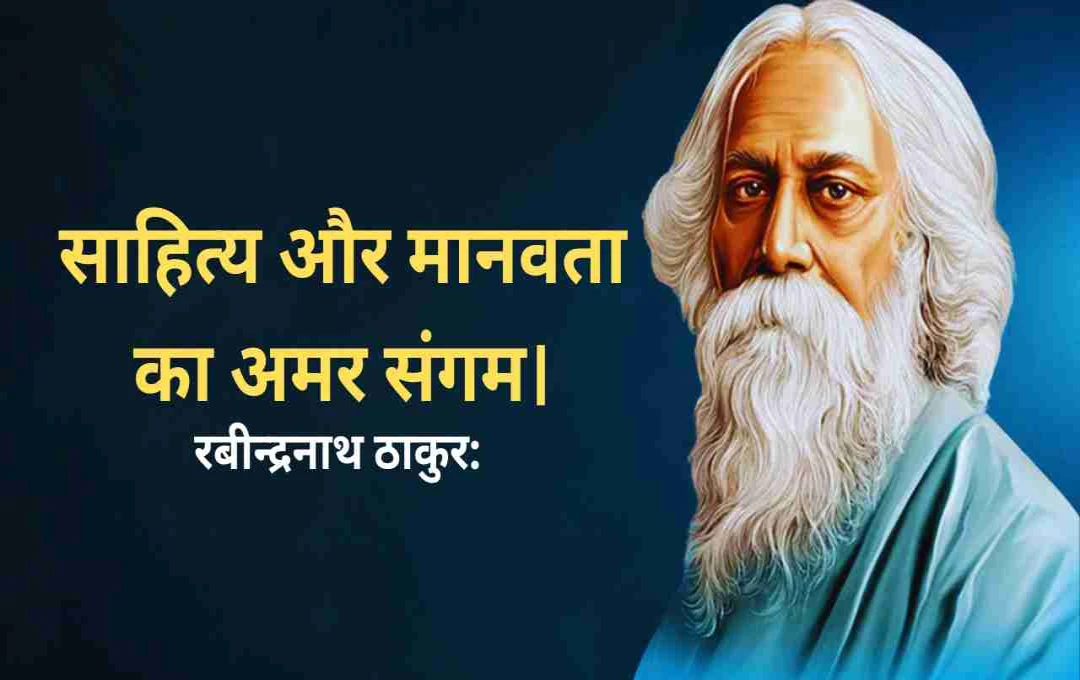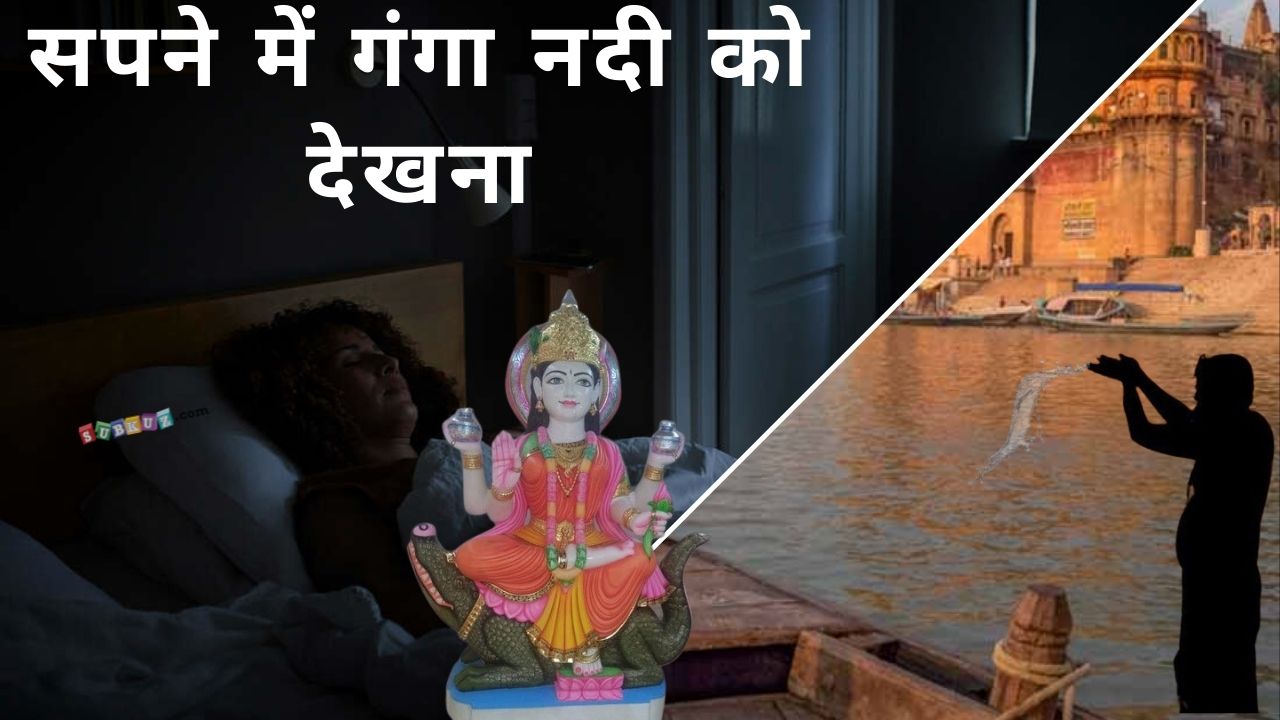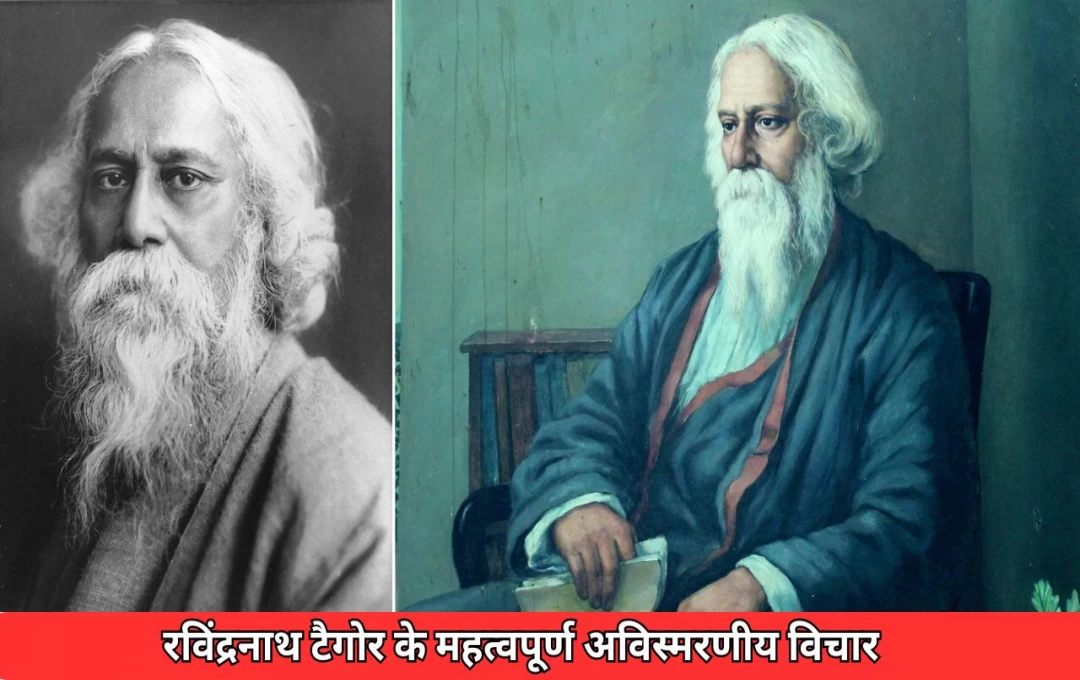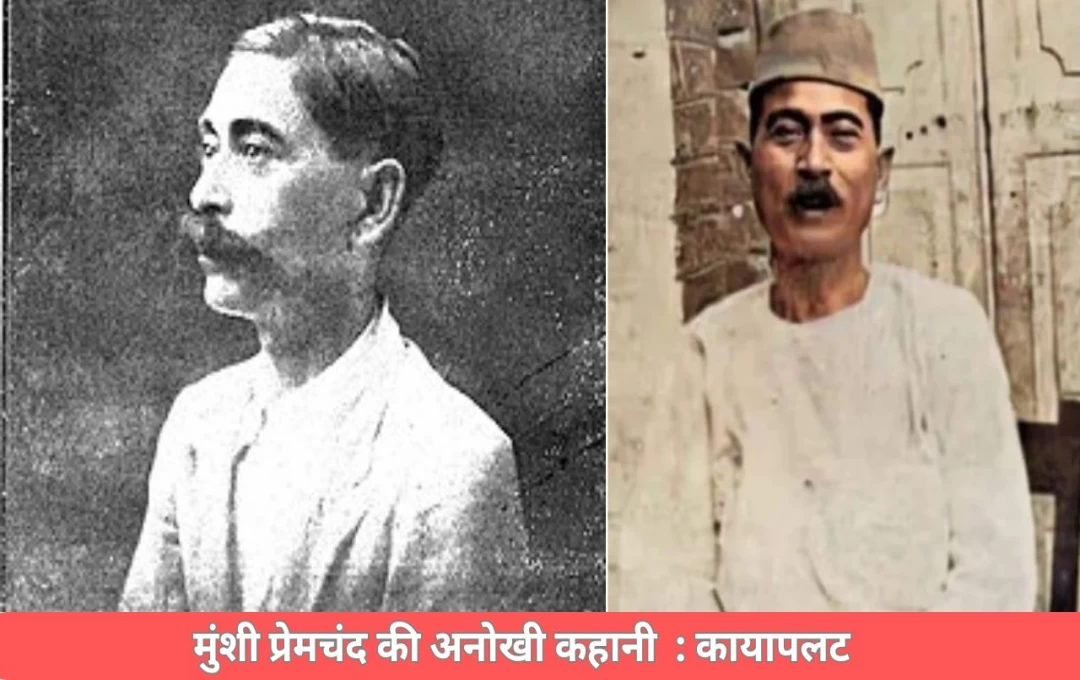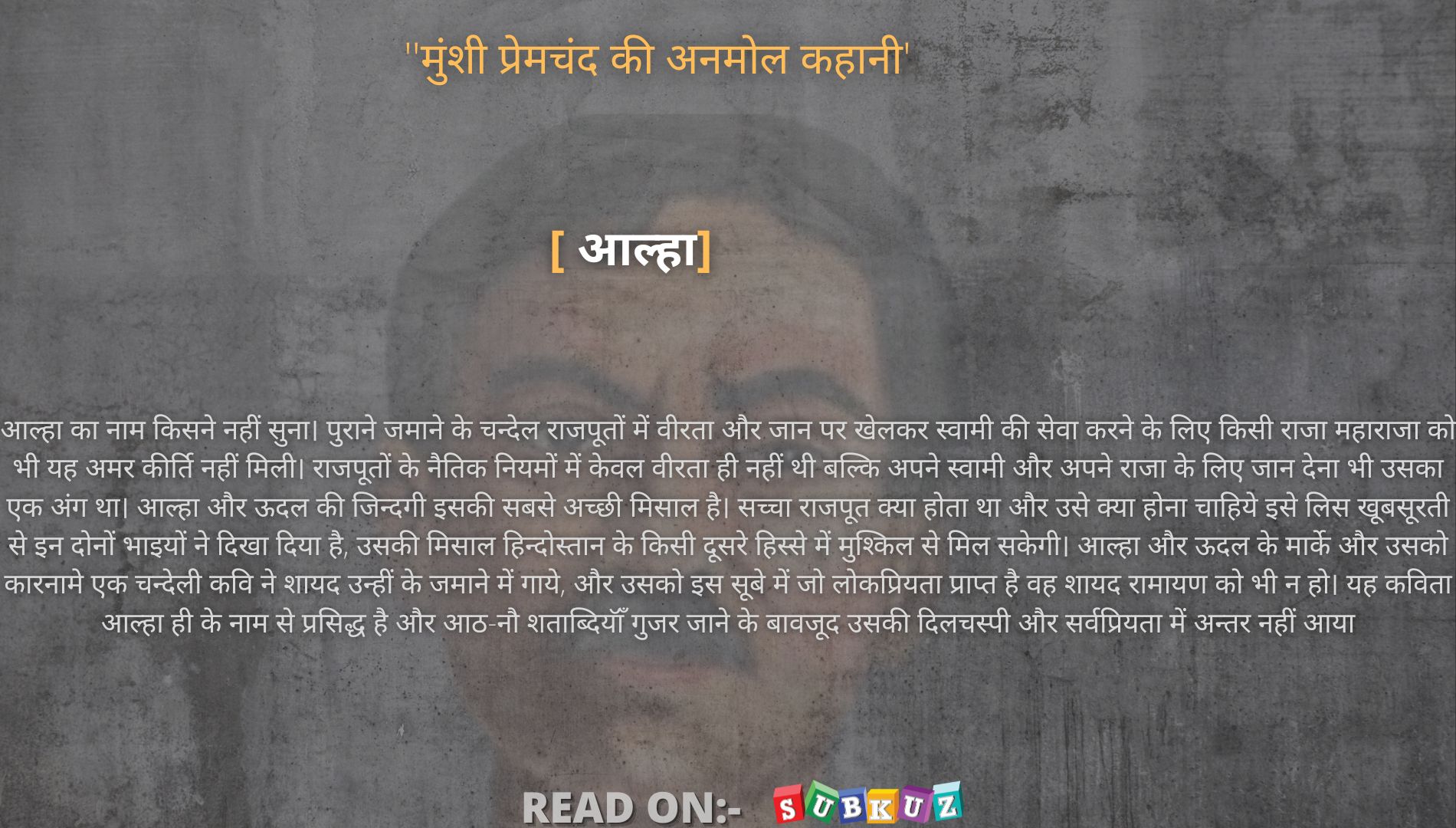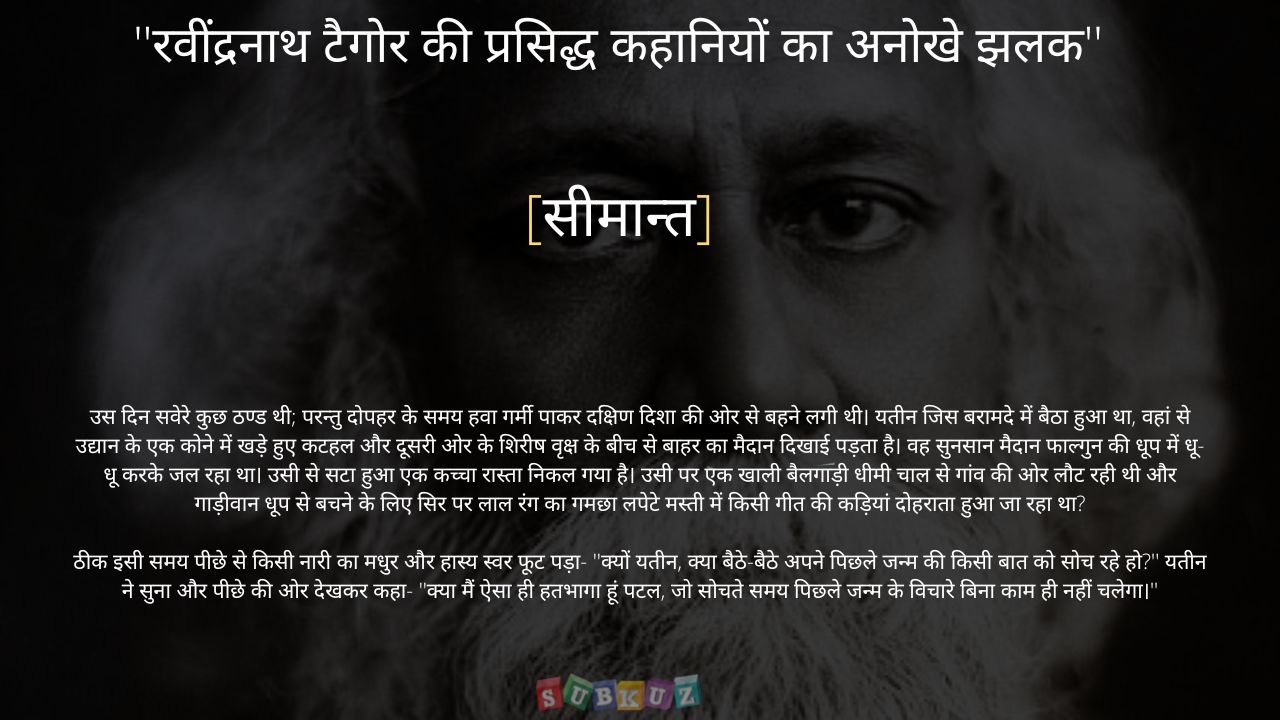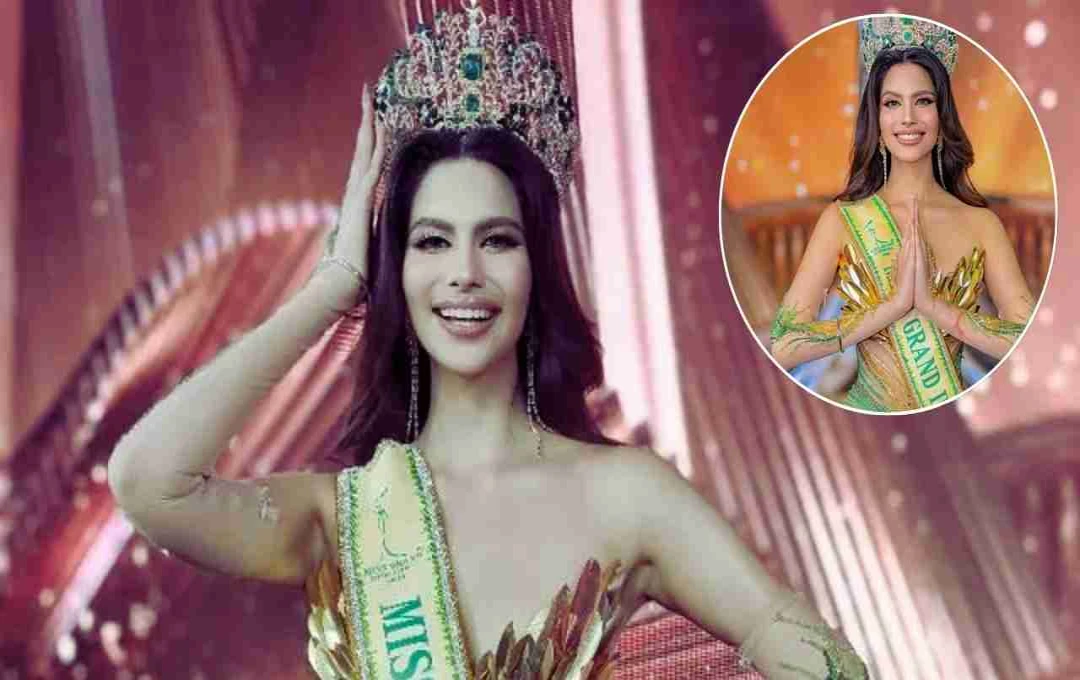Nelson Rolihlahla Mandela (born: July 18, 1918 – died: December 5, 2013) was more than a name; he symbolized the fight for freedom, equality, and human rights. He fought against the decades-long apartheid regime in South Africa and became not only the country's first Black president but also a global icon of peace and justice.
A True Leader Fighting Apartheid
Mandela was the first president of South Africa to be elected through a fully democratic and multiracial election. His presidency (1994–1999) was dedicated to reconciliation, unity, and social justice in the face of apartheid policies. He was a prominent leader of the African National Congress (ANC) and served as its president from 1991 to 1997. His ideology was rooted in African nationalism and socialism.
From Royalty to a Life of Struggle
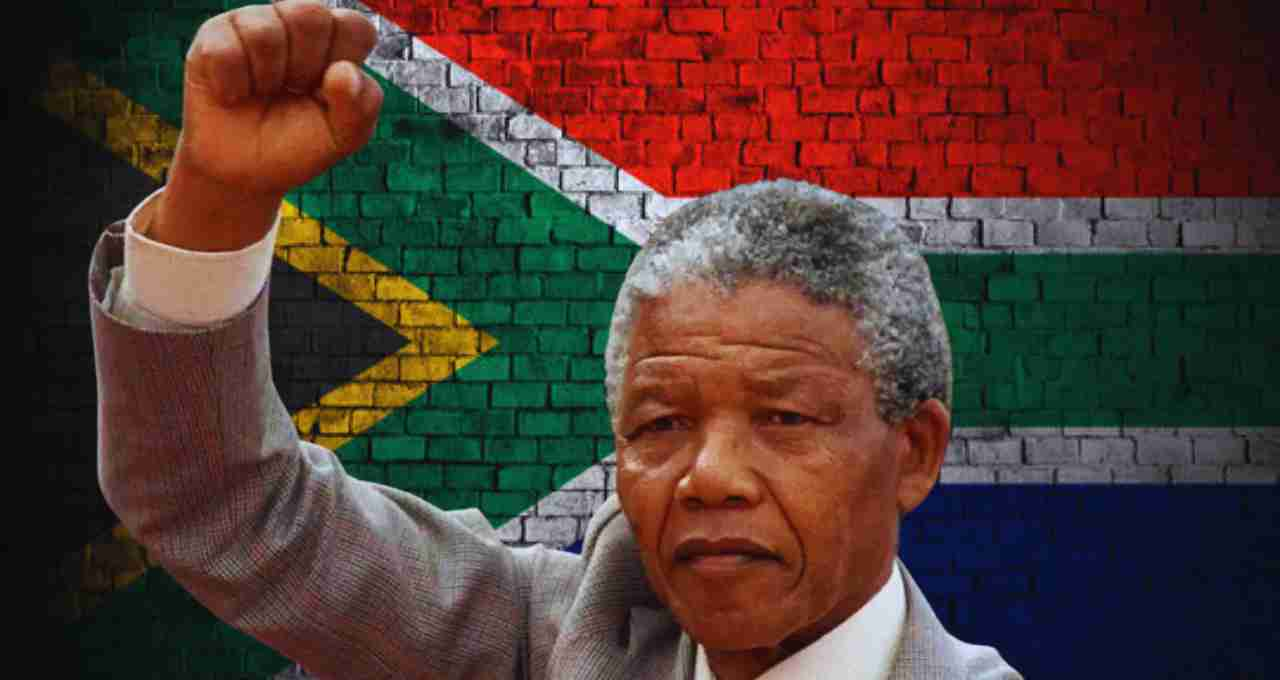
Mandela was born into the Thembu royal family of the Xhosa community. His family name, 'Rolihlahla,' means 'troublemaker' or 'one who causes trouble.' He later became known by his clan name, 'Madiba.' His grandfather, King Ngubengcuka, ruled the Thembu kingdom. Mandela's father, Gadla Henry Mphakanyiswa Mandela, was a local chief and royal counselor to the king.
His mother, Nosekeni, was a deeply religious woman. Nelson spent his early life in the village of Qunu, where he herded cattle and experienced rural life firsthand. At age seven, he enrolled in a Methodist school, where he received the English name 'Nelson' under British tradition.
Education: A Foundation for Social and Political Understanding
Mandela began his education at Clarkebury Methodist High School and later attended Healdtown Wesleyan College, a prestigious institution for Black students at the time. He subsequently attended Fort Hare University, where his political ideology began to take shape.
After joining the ANC in 1943, he co-founded the ANC Youth League. During the 1950s, he became central to large-scale protests against apartheid policies. His participation in the 1952 Defiance Campaign and the 1955 Congress of the People propelled him to prominence as a public figure.
From Peaceful Resistance to Armed Struggle
Initially, Mandela advocated for non-violent resistance, but in 1961, he co-founded Umkhonto we Sizwe, an armed organization, in collaboration with the South African Communist Party (SACP). This organization launched several sabotage campaigns against the government. He was arrested in 1962 and subsequently sentenced to life imprisonment in the Rivonia Trial.
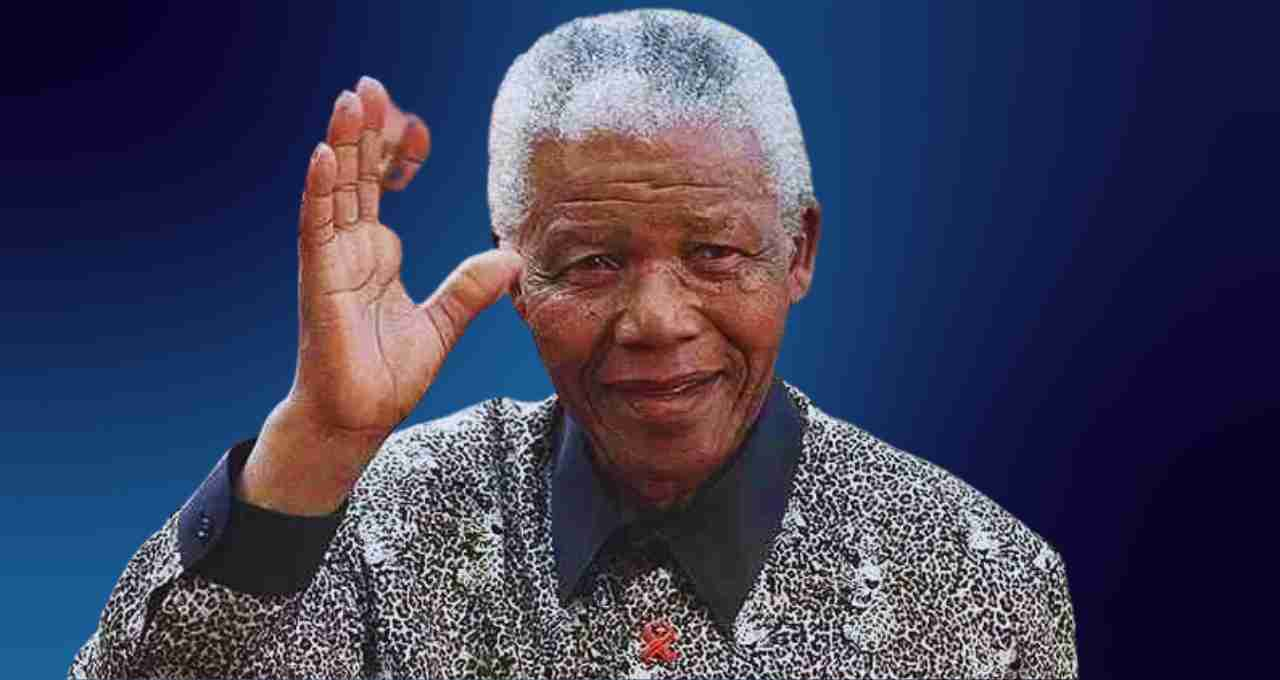
27 Years in Prison: A Test of Endurance and Courage
Mandela spent 27 years of his life in prisons like Robben Island, Pollsmoor, and Victor Verster. During this time, he not only endured personal hardship but also continued his fight for human rights within the prison system. Gradually, he became a global symbol, and international pressure led to his release by President F.W. de Klerk in 1990.
The End of Apartheid and a New Era
After his release, Mandela initiated peace talks with de Klerk to end apartheid. This resulted in multiracial general elections in 1994, which the ANC won, making Mandela the country's first Black president.
His government implemented a new constitution and established the Truth and Reconciliation Commission to investigate apartheid-era crimes. He became a symbol of harmony and reconciliation among all racial and cultural groups in the country.
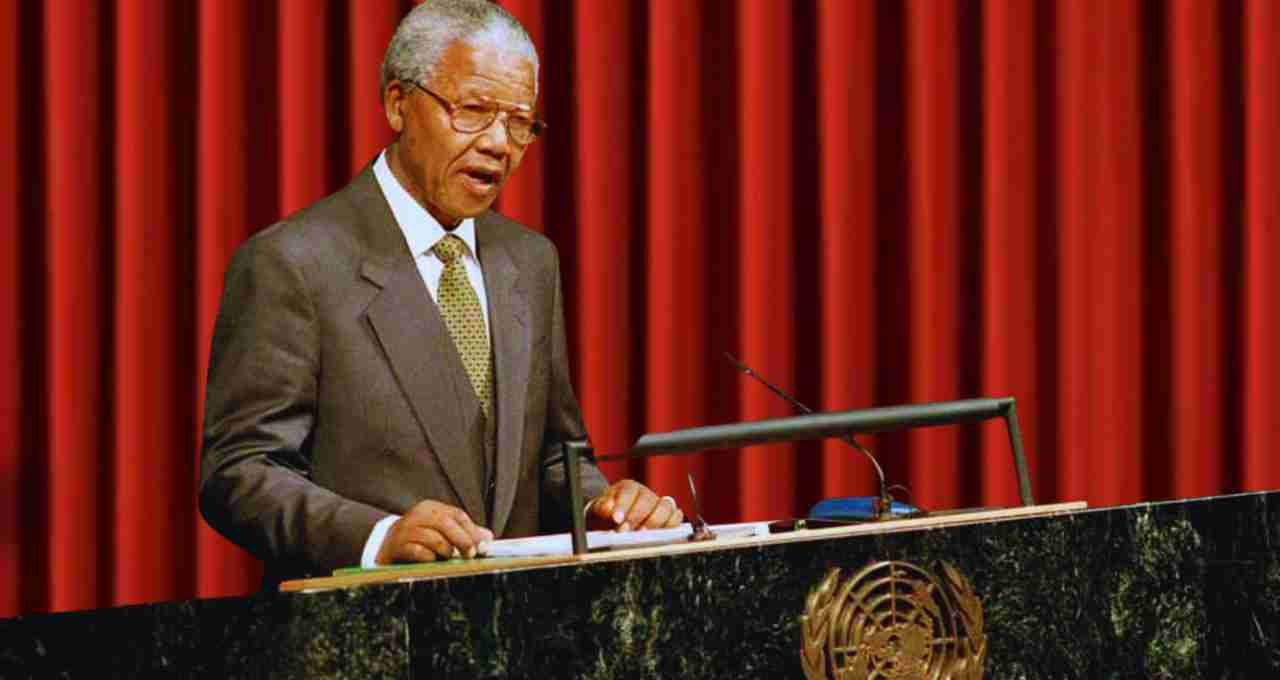
Global Leader and Humanitarian Service
Even after retiring from the presidency, Mandela remained active in global politics. He served as the Secretary-General of the Non-Aligned Movement. Later, he established the Nelson Mandela Foundation, which works to combat poverty and diseases like HIV/AIDS.
Controversies Despite Idealistic Leadership
Throughout his life, Mandela was not without controversy. Right-wing forces labeled him a communist and terrorist, while some on the left criticized his perceived over-reconciliation with the apartheid government. However, globally, he remained a source of inspiration for social justice, equality, and democracy. He received over 250 international awards, most notably the 1993 Nobel Peace Prize.
Nelson Mandela's story is that of a man who endured injustice, suffered, and then played a pivotal role in changing that very system. His life is an inspiration to anyone who seeks to make the world a better place. Even after 27 years behind bars, he replaced hatred with forgiveness and revenge with reconciliation – this is the greatest lesson of his life.
